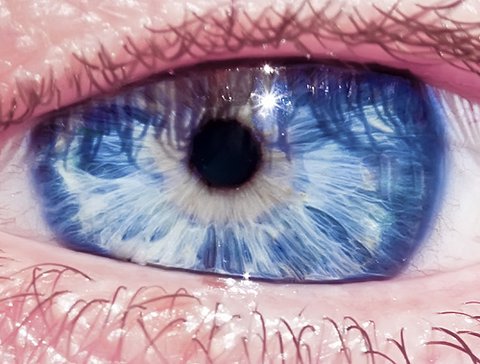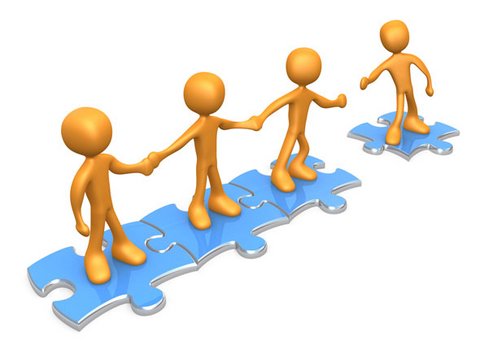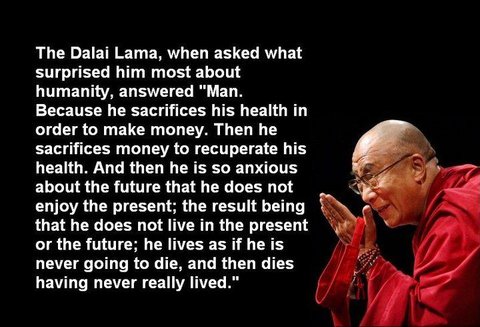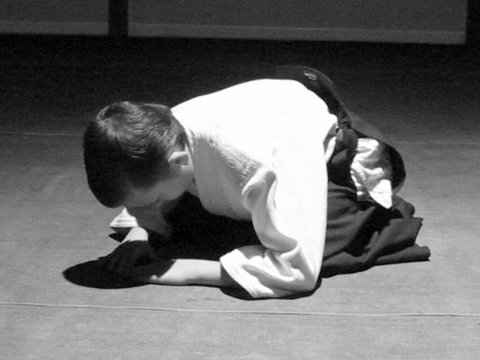
How do I move through the world, what responsibility do I take for myself and others.
Whilst in hospital having an eye operation last week a particular moment stays with me. Well in fact lots of moments stay with me but most of them had to do with surgeons, nurses and things inside my eyeball.
I had been doing a lot of waiting; for nurses, for doctors, for the surgeon. I was calm but a bit impatient to know what was going on and when anything was going to happen, but I had a good book and was able to relax into the novel.
I was also people watching.
I saw a male nurse walk past me, I guessed that he was over 50, I could see several earrings in one of his ears and a long ponytail tucked inside his uniform.
A bit later, he walked toward me and as he went past me, he made eye contact; he didn’t quite smile but I caught his twinkle of engagement with me and I smiled at him.
Later as I think about this moment, I realise that I had received a gift, something of value and that it raises a question for me.
The gift is human to human connection, it is nothing to do with our roles (nurse, patient, doctor etc) it was just about his choosing to ‘be present’ with the people around him.
The question it raises for me is that as I seem to like and value this way of behaving, so, do I behave this way?
As I have pondered this my answer is both yes and no, sometimes I do and sometimes I don’t. This has led me to contemplate what is going on that causes the difference.
When I am feeling internally light, not taking the world or myself too seriously, noticing things outside of me – I can twinkle.
When I am feeling heavy, serious, caught up in my ‘stuff’, the twinkle disappears.
Having both states seems inevitable – losing focus, switching off or feeling low is just part of the deal but paying attention to it feels important.
Are you twinkling today?



